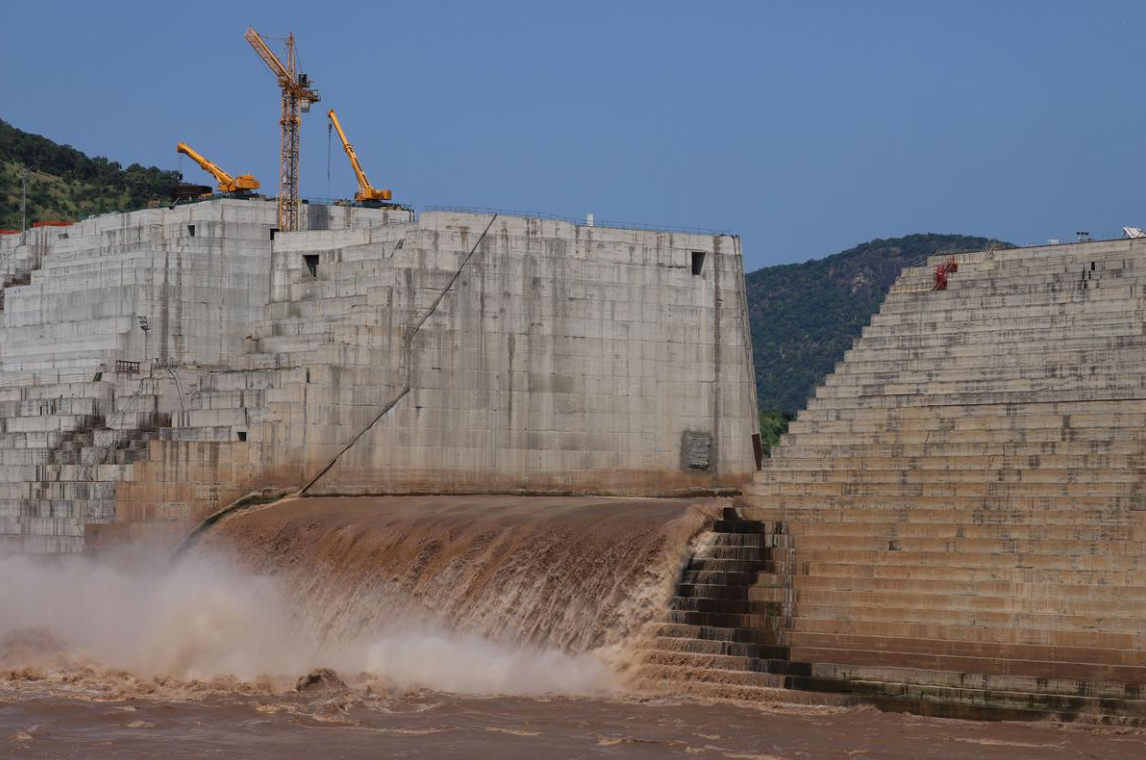
UNITED NATIONS (Reuters) – Ethiopian Prime Minister Abiy Ahmed told the United Nations on Friday that his country has “no intention” of harming Sudan and Egypt with a giant hydropower dam on the Blue Nile that has caused a bitter water dispute between the three countries.
Ethiopia, Egypt and Sudan failed to strike a deal on the operation of the Grand Ethiopian Renaissance Dam before Ethiopia began filling the reservoir behind the dam in July. But the three states have returned to African Union-led mediation.
“I want to make it abundantly clear that we have no intention to harm these countries,” he told the 193-member UN General Assembly in a video statement, pre-recorded due to the coronavirus pandemic.
“We are steadfast in our commitment to addressing the concerns of downstream countries and reaching a mutually beneficial outcome in the context of the ongoing AU-led process,” Nobel Peace Laureate Abiy said.
Negotiations have previously faltered over a demand from Egypt and Sudan that any deal should be legally binding, over the mechanism for resolving future disputes, and over how to manage the dam during periods of reduced rainfall or drought.
Egypt says it is dependent on the Nile for more than 90 percent of its scarce fresh water supplies, and fears the dam could have a devastating effect on its economy.
Abiy told the United Nations that the project contributes to the conservation of water resources, “which would otherwise have been lost to evaporation in downstream countries.”
“What we are essentially doing is to meet our electricity demands from one of the cleanest sources of energy. We cannot afford to continue keeping more than 65 million of our people in the dark,” he said.
Egyptian President Abdel Fattah al-Sisi expressed his concern about the project when he addressed the United Nations on Tuesday.
“The Nile River must not be monopolized by one state. For Egypt the Nile water is an existential matter. This, however, does not mean that we want to undermine the rights of our brothers and sisters, sharing with us the Nile basin,” he said.
“Nevertheless, it is unacceptable for the negotiations to continue forever in an attempt to impose the realities on the ground,” Sisi said.
Reporting by Michelle Nichols; Editing by Alistair Bell




